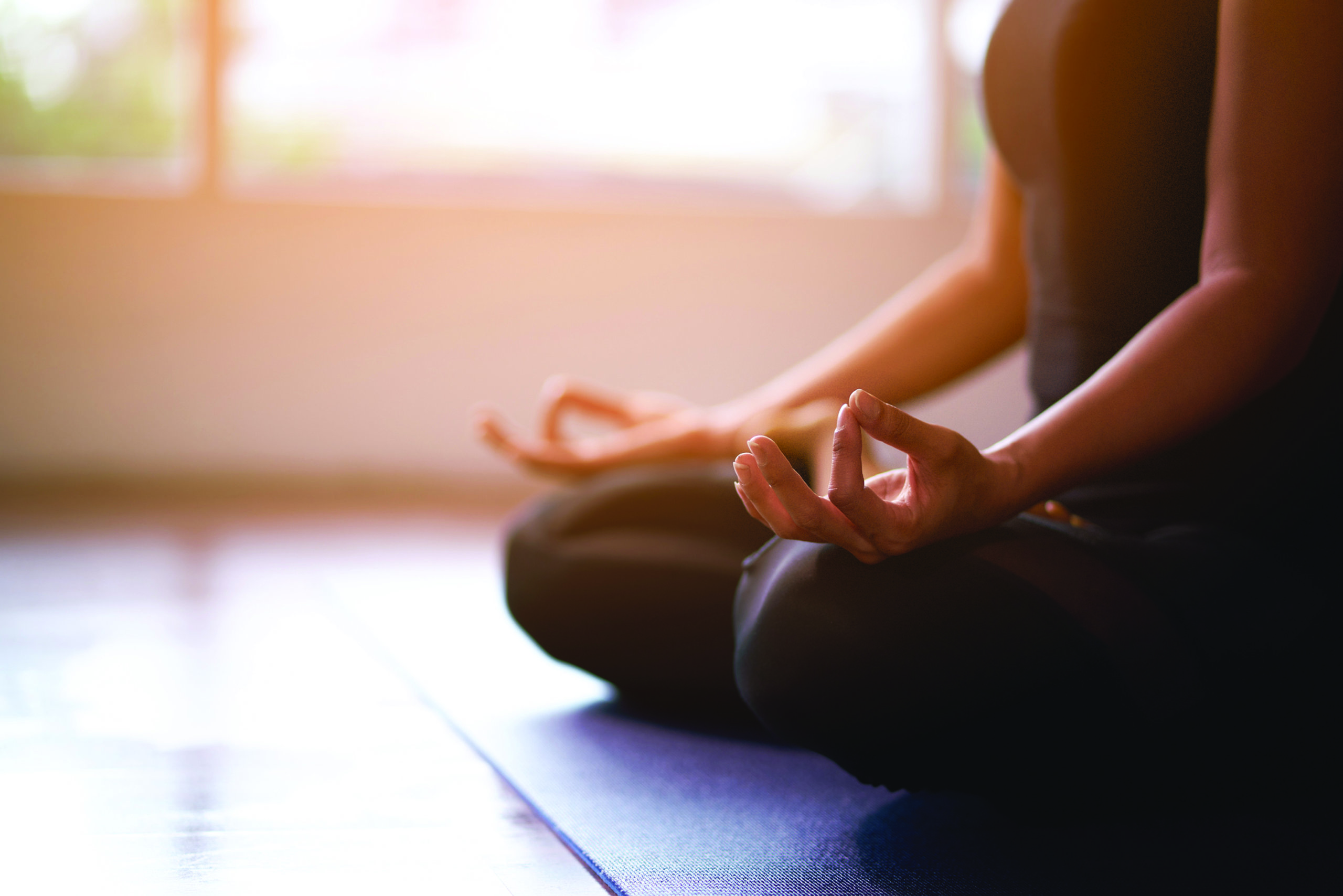A Guide to Optimizing Your Mental Health in 2021

The definition of insanity is doing the same thing over and over again and expecting different results. The new year calls for change—out with the bad habits and in with the healthy ones.
There is no doubt that 2020 knocked everyone off their feet on some, or many levels, but especially emotionally. A recent study published in JAMA Network Open highlighted the severity of the pandemic on mental health. It found that three times as many Americans met criteria for a depression diagnosis during the pandemic than before it.
Because the fight against the coronavirus is far from over, you’ll need everything in your arsenal to stay healthy mentally. Here’s how to achieve that goal in the new year.
WORK OUT
“Ten to 30 minutes a few times a week is enough to make a difference in your mental health,” says Prianca Naik, an M.D. and life coach in Garden City. The mental health payoff can be huge. Exercise boosts energy, enhances sleep and builds self-esteem, not to mention adding physical benefits. Make getting six to nine hours of sleep a priority as well.
IMPROVE YOUR DIET
Nutrition plays an important role in our mental health, says Lin Sternlicht, a licensed mental health counselor and co-founder of Family Addiction Specialist in Manhattan. Nutritional deficiencies have been correlated with mental health issues such as low mood, anxiety and stress. Eating a healthier whole foods diet—one that consists of unprocessed and unrefined foods—can improve not only your physiological health but your psychological well-being.
CONNECT WITH PEOPLE
“It is hard with the pandemic, but texting, calling or Zooming with others gives us a sense of support and belonging during this isolating time. Human beings need a sense of tribe and community for their well-being,” says Naik.
Better still, set a New Year’s resolution and connect it with another person or group. “This can help you achieve your goal or resolution because you motivate each other,” says Rachelle Scott, M.D., medical director of psychiatry at Eden Health in Manhattan.
FIND A HOBBY
Find a healthy way to de-stress regularly. “If you want to read, knit, learn how to play chess or listen to music, dedicate five to 10 minutes a day several days a week and you will be able to achieve your goals,” says Naik. “Doing something outside of work and household chores is an easy way to do something for yourself.”
COMMUNITY CARE
This can be you taking a friend out for coffee, asking someone to keep you company or volunteering at a soup kitchen. “Community care has its basis in collectivistic support and can allow you to practice compassion, empathy and appreciation,” says Joicy Salgado, a psychotherapist in Valley Stream.
EXPLORE YOURSELF
Choose a safe place such as therapy, support groups, journaling or spiritual guidance, where you can express yourself. “When we keep it all inside of us, it can get messy and heavy to hold,” says Salgado.
BE MINDFUL
Practicing mindfulness doesn’t have to mean sitting in stillness for 30 minutes to get rid of uncomfortable thoughts. “It’s about purposefully connecting with ourselves in the present moment, wherever we go,” says Kendra Kirane, director of creative arts therapy and wellness at Wellbridge Addiction Treatment and Research in Calverton. “Mindfulness can lead to self-compassion and insight, qualities that seem especially vital after such a stressful year.”
MEDITATE
Studies show that regular meditation practice helps reduce stress. When life feels especially uncertain, it can be helpful to connect with the basics: Sit and feel yourself sitting, breathe and experience each breath cycle.
“For beginners, set a goal and routine that can be experienced successfully, such as five minutes per day,” says Kirane.
BE THANKFUL
“Take a few minutes to list what you are grateful for while you’re brushing your teeth each morning, or jot it down on a bedside journal,” says Naik.” Doing this consistently makes us appreciate the life we already have and increases fulfillment.”
REACH OUT
Don’t suffer in silence. Turn to a friend, relative, health care professional or counselor.
This story first appeared in the Long Island Press.



